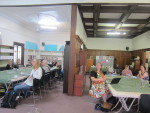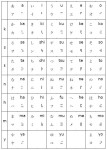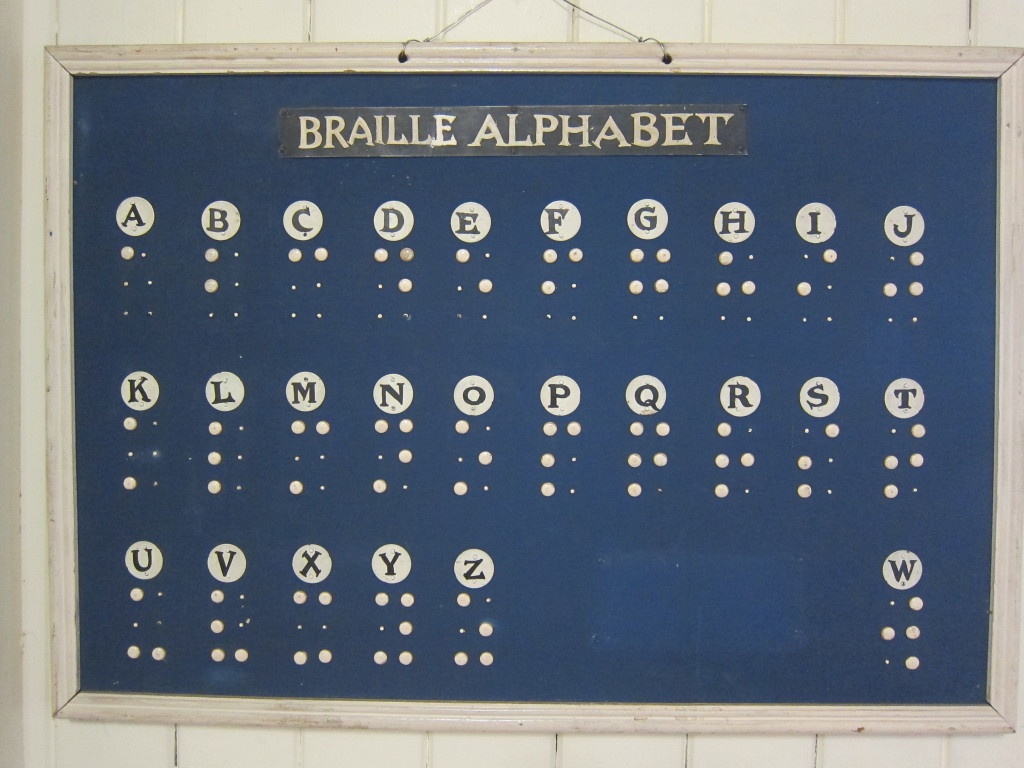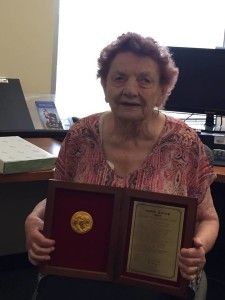 The Australian Braille Authority meets annually, preceding the Round Table Conference on Information Access for People with Print Disabilities.
The Australian Braille Authority meets annually, preceding the Round Table Conference on Information Access for People with Print Disabilities.
Reports were presented on the work of the Australian Braille Authority, international collaboration and the work of member organisations. These are summarised in the 2019 ABA Chair’s Report by Jordie Howell.
 Kathy Riessen announced the release of the ABA Guidelines on Foreign Language Material. These are a series of documents: The first introduces general rules for transcribing foreign language in a UEB context and the remaining documents each provide guidance for a different language. French, German, Italian, Spanish, Latin and Japanese have all been covered. The documents can be downloaded for free from our website in print or braille. Our thanks are extended to Kathy Riessen for leading this work and to the many braille transcribers, proofreaders, users and teachers who provided invaluable input.
Kathy Riessen announced the release of the ABA Guidelines on Foreign Language Material. These are a series of documents: The first introduces general rules for transcribing foreign language in a UEB context and the remaining documents each provide guidance for a different language. French, German, Italian, Spanish, Latin and Japanese have all been covered. The documents can be downloaded for free from our website in print or braille. Our thanks are extended to Kathy Riessen for leading this work and to the many braille transcribers, proofreaders, users and teachers who provided invaluable input.
Nigel Herring of Pentronics raised the issue of import of quality braille paper to Australia. New import restrictions are impractical for the small quantities of braille paper required in Australia, meaning that we now only have access to poor quality paper. Nigel will work with the Australian Braille Authority to submit a request for exemption for braille paper.
This year, the meeting was hosted by Braille House in Annerley, Queensland. After the conclusion of the main proceedings, we were treated to a tour of their facilities, including their children’s area, Moon collection and braille production facilities. Our thanks are extended to Braille House for their hospitality.


